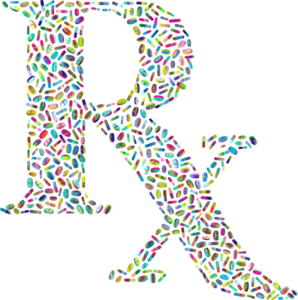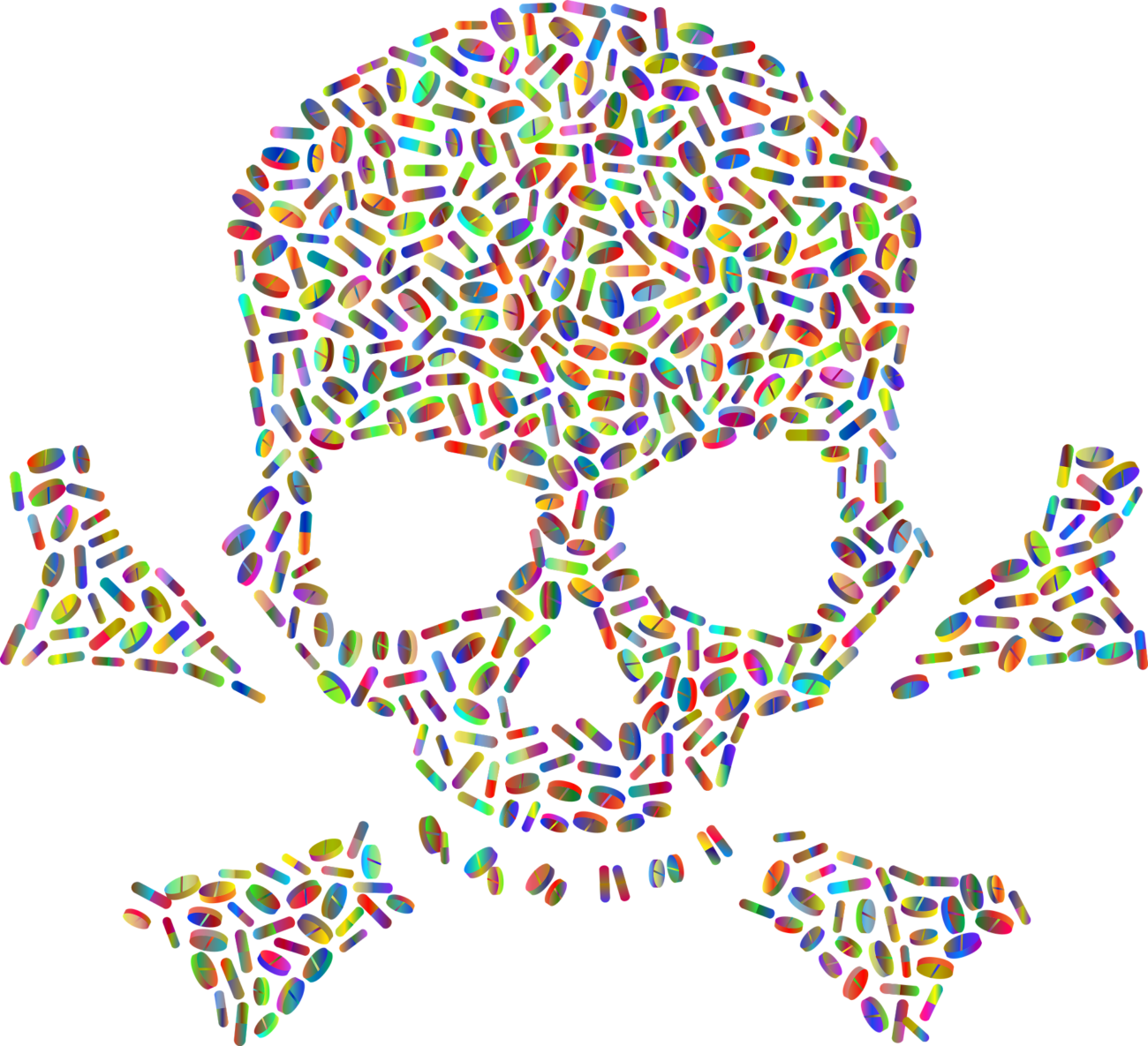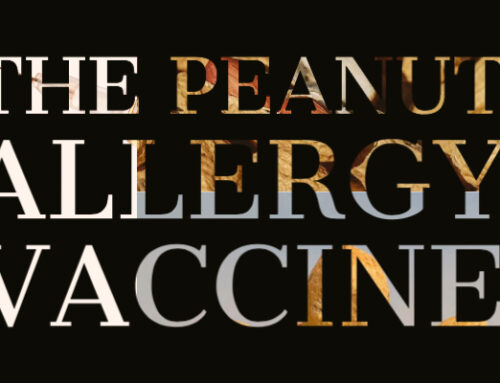Have you noticed the awareness campaigns for Opioid Overdose and how you are asked to be a part of it all?
It does not matter which drug du jour is being promoted to counter opioid drugs. The point of the ad is the normalization of the opioid crisis through treatment with more drugs. And you are being asked to play your part. For the good of all.
The  repetition of facts related to “accidental drug overdose” is a 3-decades-old broken record:
repetition of facts related to “accidental drug overdose” is a 3-decades-old broken record:
- According to the CDC, nearly 108,000 people died from drug overdose in 2022 and approximately 82,000, or 76%, of those deaths involved opioids.
- The number of people who died from an opioid overdose in 2022 was 10 times the number in 1999; however, opioid overdose death rates were relatively stable from 2021 to 2022.
- The illegal drug, fentanyl, plays a role in an estimated 68% of overdose deaths.
- Overdoses can be fatal when mixing an opioid with anxiety treatment medications or derivatives of Benzodiazepine, such as Xanax or valium.
Opioid drug deaths began rising in the 1990s with a rise in prescription synthetic opioids. Overdoses involving other synthetic opioids (fentanyl, for example) and stimulants (cocaine and methamphetamine) have also risen in the past few years.
8 of the 13 school shooters around the country were taking prescription psychotropic drugs. —Generation Rx, documentary
Today, promotional ads suggest that “you could save a life” by carrying a certain OTC medication with you to counteract the effects of a more deadly opioid drug emergency in someone else. However, as with any drug, the antidote comes with its own side effects, including: headache, nasal dryness, nasal swelling, or congestion, muscle pain, change in sense of taste, stomach pain.
With opioid overdose deaths at an all-time high in 2020, the CDC commissioned the creation of a public service commercial encouraging young people to stock and carry the medication naloxone. —Castano Group
‘You Could Save A Life’ Campaign
A Transhumanist Ideology
The normalization of carrying an over-the counter drug to remedy someone else’s prescription drug addiction is a pattern getting a lot of air time. It is an ideology that removes individual responsibility in favor of a group (hive) mind as a singularity of consciousness.
A ‘hive of mini-minds’ is being created as a brain-to-internet network, generating a “collaborative Tetris-like game using only their thoughts.” The game is Transhumanism, a process of interconnectivity between humans and computers. How are we able to connect Transhumanism to opioid ads?
In order to remain individuals and exercise individual freedom we would eventually need to reject the cyberconnection altogether. This seems very unlikely to happen. This leads to a sharp question: how much control do we have even now? —James Sirois, Philosophy Now
Transhumanism is the removal of individuality and its freedoms. Do we see any signs of relinquishing individual responsibility to a drug, in this ad?
Accidental Addiction?
- Take medicine as prescribed by your practitioner
- Never take more medication or take it more often than instructed
- Never mix pain medicines with alcohol, sleeping pills, or illicit substances
- Never take anyone else medication.
 Prevent children and pets from accidental ingestion.
Prevent children and pets from accidental ingestion.
The obvious missing point on this Never Do list?
Never take prescription opioids in the first place!
Further, how is an accidental overdose, accidental, if the drug is addictive… unless it is an oxymoron?
Opioids are addictive. Use of opioids, either by themselves or in combination with other drugs, is a major driver of the drug overdose crisis in the United States. —National Institute on Drug Abuse
Opioid Use Disorder
Among the many problems related to prescription medications are the misconceptions about treatment efficacy and side effects.
False beliefs by both patients and providers can lead to stigma and serve as barriers to receiving appropriate treatment. —Journal of Subst Use Misuse. 2022
Instead of blaming the ongoing opioid crisis on a prescribed addiction, and then banning prescription opioids, the medical-pharmaceutical cartel blames the patient by using the label — Opioid Use Disorder, or OUD. Psychiatry calls OUD a chronic use disorder, recognized by the 5th edition of The Diagnostic and Statistical Manual of Mental Disorders.
A chemical manipulation of consciousness without regard for human life. —Generation Rx, documentary, Kevin Miller
Once addicted, people are also able to acquire opioids through illicit dealers posing as legitimate online pharmacies. Dark websites and thousands of illicit (unlicensed) dealers make no attempt to hide illegal activities. Why? Because the illicit pharmaceutical industry operates through the postal service. In the Age of Information Technology, no regulations or technologies have yet prevented it. But they are working on it.
A license is permission to do something otherwise deemed to be illegal. —Black’s Law Dictionary
The chronic use disorder (OUD), overlooks another disorder; a chronic prescribing disorder from a licensed medical doctor (MD). Shall we propose OPD for opioid prescribing disorder?
An official mental disorder provides the necessary excuse for a patient to demand pain relief from a licensed MD in the form of prescription opioids, so the generational addiction cycle continues. The first step in stopping an addictive cycle is realizing where it begins.
Are we just improving our social and professional lives as individuals, or are we beginning to create ‘one mind’? —James Sirois, Philosophy Now
Important information on several issues of a medicated society can be found in Kevin Miller’s documentaries/films; Generation Rx and Letters from Generation Rx (trailer). See them while you can.
Related Articles:








Leave A Comment